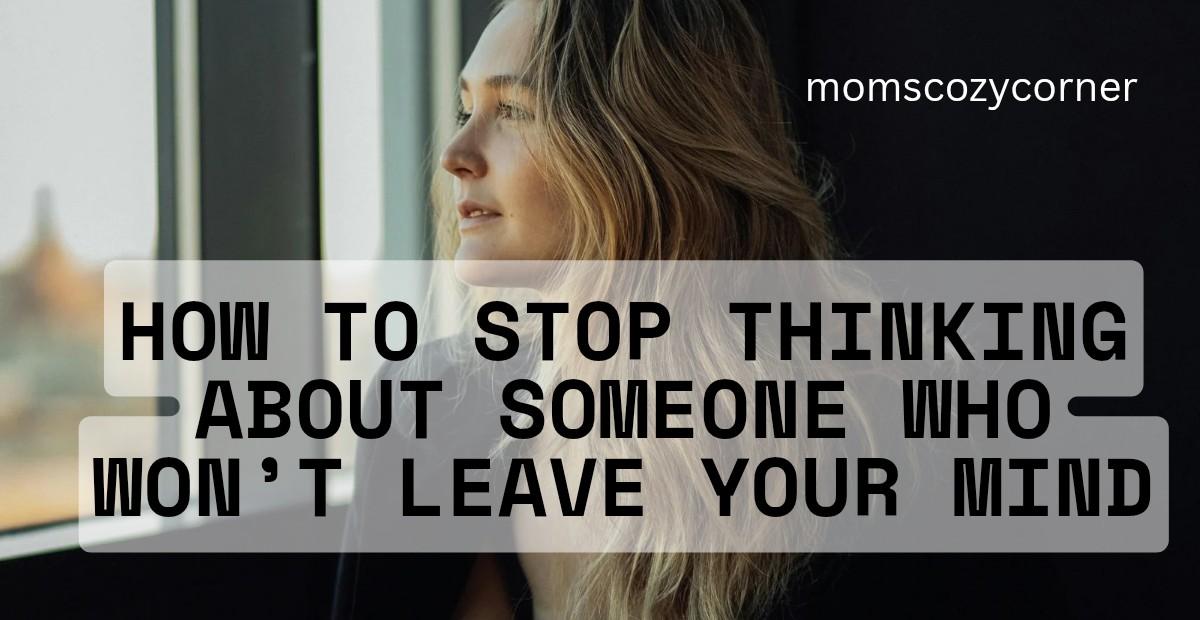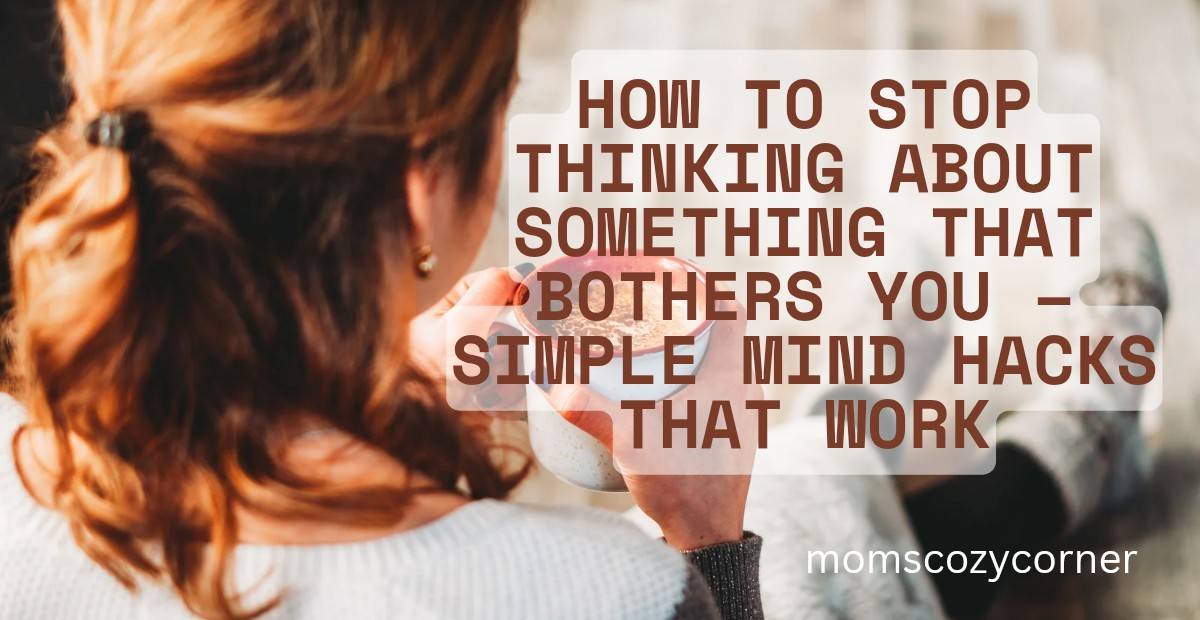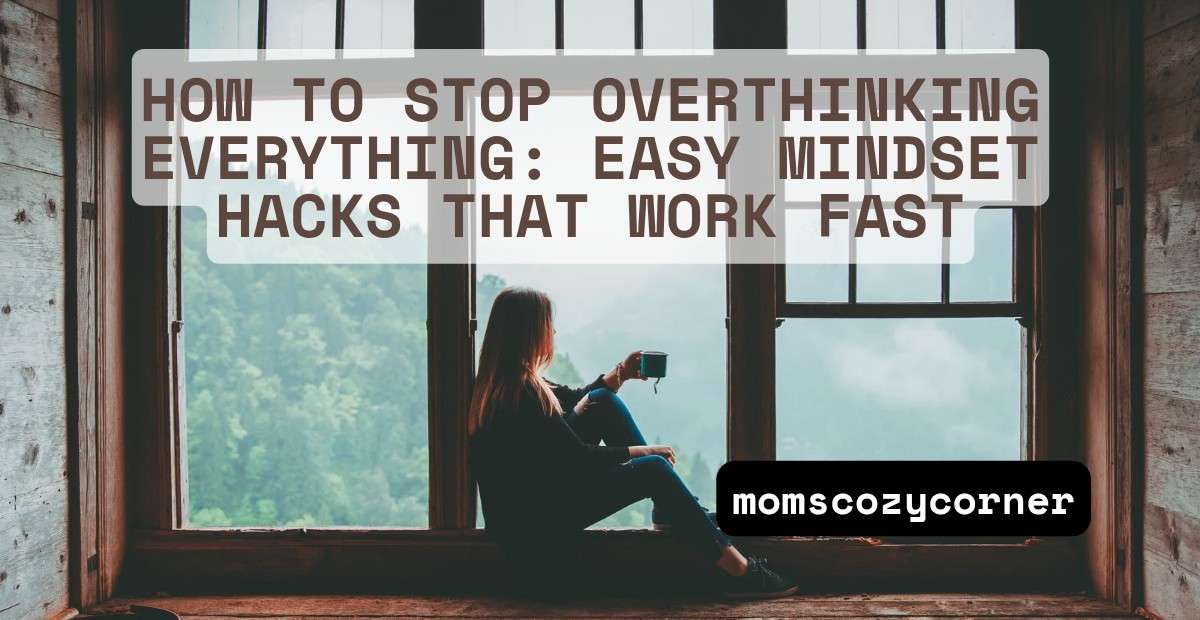How to Deal with Trust Issues You Can’t Explain
Introduction
We often say, “I trusted you, and you betrayed me.” But trust issues don’t always start with betrayal. They can build slowly—from past pain, broken promises in your current relationship, or even fear of losing the person you love. Sometimes, it’s not about what they did but about the quiet fear inside you. And to truly move forward, you have to first understand and deal trust issues that have been sitting silently in your heart.
In this article, we’ll look inward—understanding your trust issues, where they come from, and how to gently move forward by learning to trust yourself first.

What Do Trust Issues Really Look Like?
Trust issues don’t always start with a dramatic betrayal. Most often, they grow silently—inside your thoughts, through daily routines, and within quiet doubts that don’t feel like a “big deal.”
The trickiest part? You don’t even know it’s a trust issue. You just feel off, irritated, or unsure… but can’t explain why.
Let’s take a look at what this really looks like:
Replaying Conversations—Even After Getting a Clear Answer
It could start with something small.
You call your husband. No answer. Later, he says:
“I grabbed coffee with a colleague. Got caught up in work. Planned to catch up with you in the evening.”
He’s calm. Honest. But your thoughts?
- “Why didn’t he text me immediately?”
- “What if he wasn’t with a colleague?”
- “Couldn’t he have taken 5 seconds to let me know?”
Even after he explains, your mind won’t stop. You replay it, question it, and assume the worst.
That’s what trust issues often look like—a small moment turns into silent suspicion. Then…
- You’re cold at dinner.
- Your tone changes.
- A fight starts over something small.
Over time, he may stop sharing—not because he’s hiding something, but to avoid the spiral.
And now the real issue isn’t him… It’s the fear inside you.
If small misunderstandings often snowball into arguments, you’re not alone. Fights don’t always mean the relationship is broken. Read this next to feel some peace: Is It Normal to Fight in a Relationship? Read This Before You Worry
Assuming Someone Will Hurt You or Lie—Without Any Reason
Sometimes, the hurt doesn’t come from what he says—it comes from what you think he meant.
You’re at a party. He casually tells someone:
“Nobody really cooks much these days. Healthy food like our grandparents had? That’s rare now.”
Your mind races:
- “Is he blaming me for not cooking today?”
- “Why would he say that in front of people?”
- “Is he trying to make me look bad?”
Truth? He wasn’t talking about you. Yes, he wasn’t criticizing. He was just making small talk.
But inside, it feels personal. It feels targeted.
That belief doesn’t come from him. It comes from the fear already sitting in your heart.
Real trust issues sound like:
- “Whatever he says has a hidden meaning.”
- “I just know he’ll say something to hurt me.”
- “I can’t fully believe him.”
And so you:
- Pull away.
- Respond coldly.
- Doubt even his kind words.
That’s how trust fades—not because of something that happened, but because of what your thoughts created. To deal trust issues like these, you first need to recognize how deeply those thoughts have taken root—and gently begin unlearning them.
Avoiding Emotional Closeness—Even with the One You Love Most
You love him. He loves you.
You eat together. Laugh. Watch movies. But deep down—you stay silent.
Because trust issues aren’t always loud. Sometimes, it’s just the fear of opening up.
- “What if he thinks I’m overreacting?”
- “Better to smile and keep quiet.” “If I agree with everything, things will be smooth.”
So you hide your real thoughts—not out of disrespect, but out of fear.
This is especially true for stay-at-home moms, who
- Spend hours alone with heavy thoughts.
- Nod quietly instead of disagreeing.
- Hesitate to share how they truly feel.
Over time, this becomes painful:
- You lose confidence in your opinions.
- You feel unheard, unseen.
- You start believing your feelings don’t matter.
- You begin to emotionally fade.
“Am I even capable of making good decisions anymore?”
Sometimes, when we feel emotionally unsafe, we end up hiding the truth—even from those we love the most. If you’ve ever wondered why you lie even when it hurts you, this article might speak straight to your heart: Why Do I Lie to My Partner Even When I Know It’s Wrong?
Your relationship still functions—but the connection weakens. Your silence slowly steals your spark.
But here’s the truth: opening up doesn’t mean arguing. You can speak from the heart—calmly, kindly, and clearly.
Try saying:
- “I want to share how I feel—it may sound small, but it matters to me.”
- “This isn’t to blame you… I just need to let it out.”
Your voice matters. Your marriage needs more than routine—it needs emotional closeness.
If you’re ready to rebuild closeness and become a more mindful, loving partner, don’t miss this next read: How Can I Be a Better Partner? Real Tips That Helped Me.

Where Do Trust Issues Come From?
Trust issues don’t begin overnight. They often start the day you first felt unprotected emotionally.
I still remember moments from my toddler years. Some were sweet, some painful. I’d ask for something small, and it wouldn’t be given. It hurt.
That’s how it starts—not from one big betrayal, but from those little moments that made us feel like we didn’t matter. And unless we look back with awareness, it becomes harder to deal trust issues that are rooted so far beneath the surface.
Past Relationships That Left Wounds
You had a long-term relationship that ended badly. You weren’t wrong. But it still failed.
Now, you avoid triggering past pain. Maybe:
- He didn’t let you use his phone.
- That led to fights.
Now your husband is okay with sharing his phone—but you still hesitate. You’re not mistrusting him. You’re fearing history.
Friends or People Who Didn’t Care
We all had that one friend—the one who smiled in front of you… but betrayed you behind your back.
Even people who weren’t important… their betrayal still hurts. You started thinking:
- “I can’t open up too much.”
- “They’ll hurt me like others did.”
Living in Survival Mode for Too Long
Some of us live in families not by choice, but by need—for kids, money, or just because there’s nowhere else.
And in that space, you feel
- Not trusted with money.
- Not trusted with decisions.
- You start shutting down.
You think
“If they don’t trust me with money, how can I trust them with my life?”
If your husband supports them even once, you doubt him too.
Living in survival mode doesn’t just wear you out. It teaches you not to trust anyone.
How to Deal Trust Issues and Start Healing for Real
Healing trust issues isn’t about forgetting. It’s about understanding and growing through it. It’s about learning how to deal trust issues with patience, awareness, and self-compassion—rather than ignoring them or pretending they don’t exist.
Step 1: Name What You’re Really Feeling
You may be feeling:
- Fear of being left again.
- Shame from past mistakes.
- Panic at the thought of rejection.
Write it down. Say it to yourself. This is not to justify, but to heal.
“I’m scared I’ll be abandoned.” “I’m ashamed for trusting someone who broke me.” “I don’t want to hear a ‘no’ from someone I love.”
Step 2: Spot the Pattern
Maybe it’s not one person—but the same kind of situation with different people.
- Who made you feel this way?
- Did it repeat?
You’re not scared of your partner. You’re scared of how a similar situation felt before.
Step 3: Rebuild Self-Trust
You’ve got to rebuild trust in the one person who matters most—yourself.
Try journaling daily. Not perfect words, just raw ones.
“I am safe to be honest.” “My voice matters.” “I won’t hide behind my fear anymore.”
Step 4: Heal Through Your Body
Your body holds pain too. If you’ve lived in survival mode, it’s tense.
Try this:
- Walk with music.
- Breathe under sunlight.
- Journal outdoors.
- Stretch and say something kind to yourself.
Your body remembers. Let it release the pain.
How Do You Know You’re Healing?
Here’s how you know:
- You stop reacting to imagined fears.
- You stop rushing judgment.
- You pause. Let others show who they are.
- You start making decisions—and trusting them.
- You sleep better. Emotions stabilize.
- You stop overthinking. You stop spiraling.
- You start loving yourself—and truly want to care for you.
- You stop oversharing too. Earlier, you shared everything with anyone who showed concern—even the wrong people. But now?
You pause and think:
Who to share with When to share Where and how much to share
That shift isn’t small. That’s healing.
Final Thoughts
I know… Because of past experiences—maybe a failed relationship, a childhood memory, or just the weight of being misunderstood too many times—you’ve become cold.
Not because you wanted to hurt anyone, but because your heart got tired of being hurt.
And yes, in that process, you may have unknowingly hurt the people you love the most—your husband, your kids, or your closest family.
I’m not here to judge you. And not here to justify it either.
I’m here to gently say: It happened. And now, it’s time to fix it.
If you’ve been thinking, “Why does this keep happening?” — you’re not alone. Here’s how to calm the storm and repair the damage after a fight: How to Repair Relationship After Fight: Why This Again? Find Lasting Calm.
Because healing doesn’t mean pretending it never happened. It means choosing to work through it—one small step at a time.
So please, start healing yourself first. Not tomorrow. Not someday. Start now.
This is big. This is something you need to heal—not just for your relationship, but for you.
You deserve to feel light again. You deserve to love—and trust—with a peaceful heart.
So go ahead. Fix it. Heal it. Live it.
Feeling distant, doubtful, or emotionally shut down?
This one-page healing guide from Mom’s Cozy Corner will gently walk you through self-reflection, calming mantras, and emotional awareness to help rebuild the trust that life once cracked.
Perfect for moms healing quietly, one step at a time.
Download Now and Begin Your Healing Today




